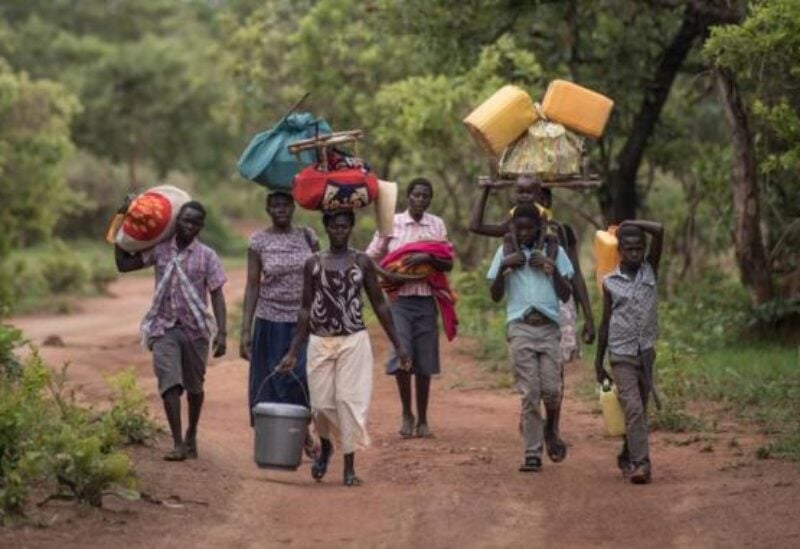
South Sudan
In a deal to form a government to revitalized version of one originally agreed on in 2018 to end fighting. By the time the two men signed it thousands of people had been killed and millions displaced in the civil war that erupted in 2013, South Sudan’s rival leaders, Salva Kiir and Riek Machar, formed a unity government on February 22, 2020.
Kiir remained president under the unity government and Machar was re-appointed as his deputy. Their terms were set for three years until national elections are held in 2023.
In 2016, their first attempt at peace was shattered when Kiir sacked Machar from the position and forces loyal to the president and the former rebel leader returned to war.
In a country without lasting peace since it gained independence from Sudan in 2011, many are worried about the challenges that remain.
Security threats make South Sudanese citizens anxious. Henry Enoka, a teacher in the capital Juba, told DW he would like to travel freely across the country but the presence of unknown gunmen on roads sparks fear.
The 40-year-old teacher remembers being able to travel without fear to his village after the first peace deal. But that changed after the conflict resumed in 2016 and despite the peace deal that lead to the unity government in 2020.
“TWe are moving freely but still with risk. You go because that is your village. People move but still not 100 percent freely. There are still a lot of unknown gunmen on the road,” Enoka told DW.
The implementation of key parts of the latest peace deal has been lacking. There have been instances of clashes between forces loyal to Kiir and Machar. The mistrust between the two leaders is seen as entrenched.
In 2020, clashes erupted in the central town of Tonj in Warrap when soldiers tried to disarm civilians involved in cattle raiding and communal clashes. The disarmament exercise was officially intended to ensure that armed militias could not drive inter-communal violence.
The five chapters of the peace deal that were supposed to be implemented had three major important elements yet to be well implemented in the areas of reconstruction, economic reforms and justice and accountability. The failure to implement these chapters means more hardships for citizens who are barely surviving under worsening economic conditions.
Henry Enoka is barely able to support his family on his earnings of 35,000 South Sudanese Pounds ($80) a month as a teacher. He is unable to meet some of their basic needs due to the high cost of living in Juba, he told DW.
South Sudan’s international partners and policy analysts blame lack of political will for faltering implementation of the full peace deal.
The European Union ambassador to South Sudan, Christian Bader, told DW that it cannot be said that the deal is not good, but mistrust among the parties to it is an obstacle. It is not realizing its purpose “because the goodwill was not there,” he said.
But Juba defends its efforts at the implementation of the peace deal. Cabinet Affairs Minister Martine Elia Lomuro, told DW that challenges with financing an the international arms embargo hampers its effective implementation.
In light of a weakening economy since independence, the government has been unable to raise the required resources to do so, he told DW.
“As we were struggling to stabilize, we had a serious drop in oil prices and then we went into the Panthou conflict…and we decided to close down the oil completely which means whatever we had, we were using it. We did not have any other income, Then of course before we could recover we have the conflict of 2013 which destroyed oil fields,” Lomuro said.
Panthou conflict was fought between Juba and Khartoum in 2012 following a dispute over control of one of the oil wells along the border of the two countries
President Kiir has stated that he will not run for president next year. Machar is meanwhile dealing with a crisis in his SPLM In Oppositionl party, after his party rivals said he had been removed as leader of the party and its armed forces. They accuse him of undermining reforms and of nepotism. But Machar said his party rivals are trying to block South Sudan’s peace process.
As the elections draw near, President Kiir and Vice President Machar are expected to seek to ensure peace and security for the world’s youngest nation.